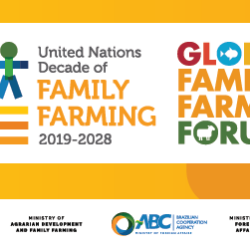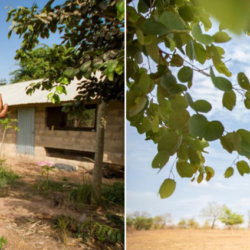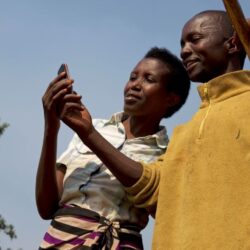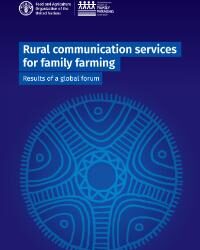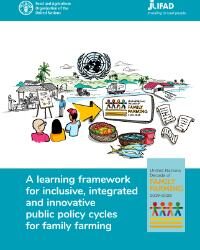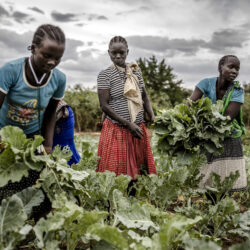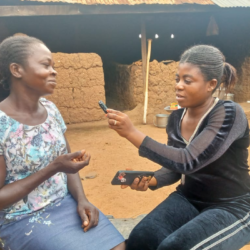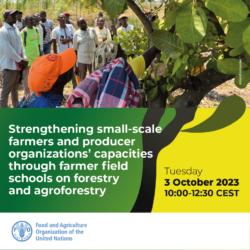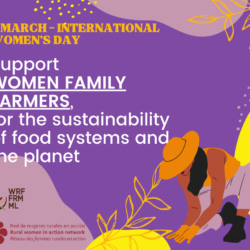Global Family Farming Forum: Halfway through the United Nations Decade of Family Farming 2019-2028
Family farmers produce 80 per cent of the world’s food in value terms, meaning that a good portion of the food you eat daily probably comes from a family farm. As well as contributing to food security and nutrition worldwide, family farmers also manage natural resources, innovate in the face of climate events, ensure the cohesion of rural communities and preserve cultural heritage. But family farming has greater potential still.

